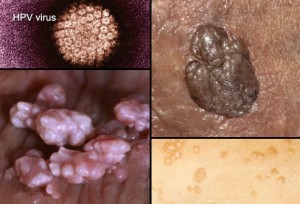In messages sent ahead of International AIDS Day on December 1, experts reported that a lack of awareness, in particular among the young, and the large influx of migrants to Greece were the main cause for the rapid increase in sexually transmitted diseases (STDs) in recent years.
Dr. Apostolos Karalexis, head of the dermatology clinic at the Naval Hospital of Athens, observed that most people were unaware of the need to take precautions against venereal diseases, and called on the medical community and relevant health organizations to do something about the situation before it gets out of hand.
Karalexis attributes the situation in part to the fact that global public awareness campaigns have been more focused on AIDS and HIV in recent years. “Apropos World AIDS Day, therefore, it would be good to remember the other sexually transmitted diseases, for which we must also take protective measures,” he said, citing syphilis, gonorrhea, genital herpes, HPV, hepatitis, bacterial vaginosis and trichomoniasis as some of the many STDs that had seen an increase in the last 10 years.
According to a recent epidemiological study at the Andreas Syggros Hospital, the incidence of syphilis alone had increased 38 pct from 2003 to 2010, from 116 cases in 2003 to 160 in 2010. Cases of gonorrhea also increased from 108 in 1990 to 312 in 2010, with the majority of patients being heterosexual males aged 25 to 34 years old. And HPV or genital warts, was the most frequently transmitted STD, with the number of new cases doubling between 2006 and 2011.
Only AIDS showed a slightly different pattern than the other STDs, with cases doubling between 2010 and 12 from 530 to 1059, and then decreasing to 802 in 2014 and 667 in 2015.
Dr. Karalexis said that the best way to prevent the transmission of STDs is to use condoms, to have a steady partner and to get the HPV vaccine.
Source: ANA
Ask me anything
Explore related questions





